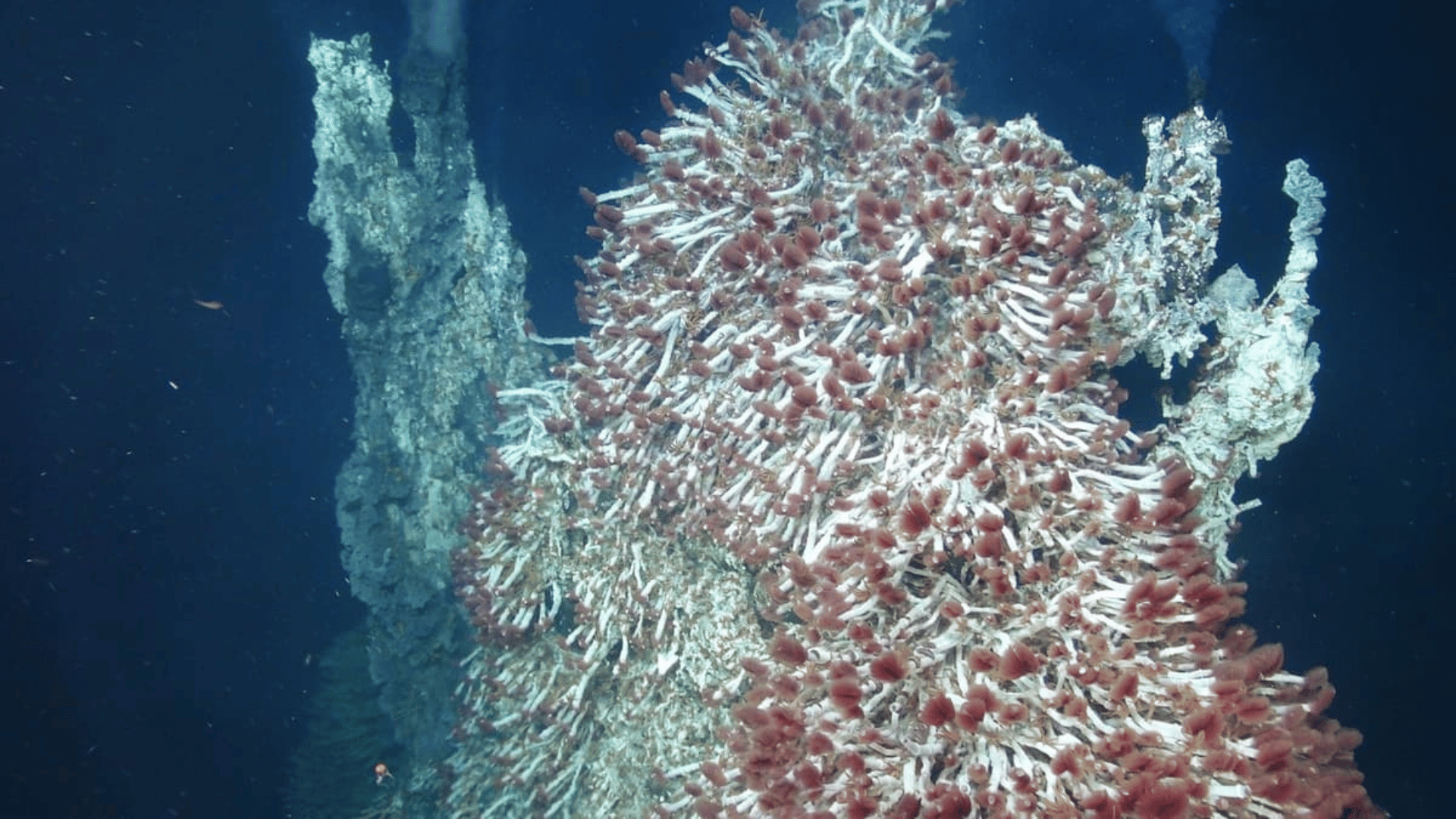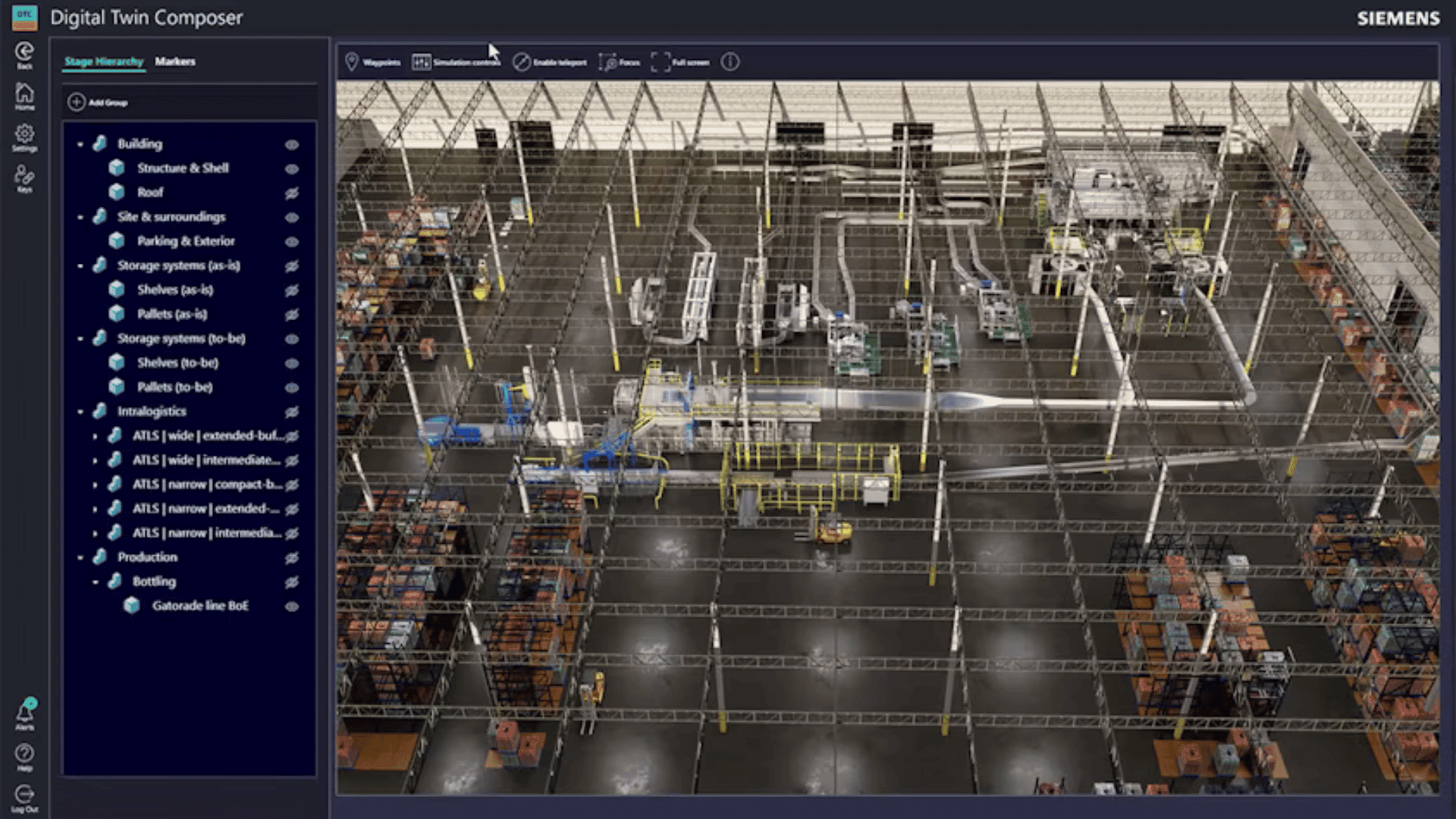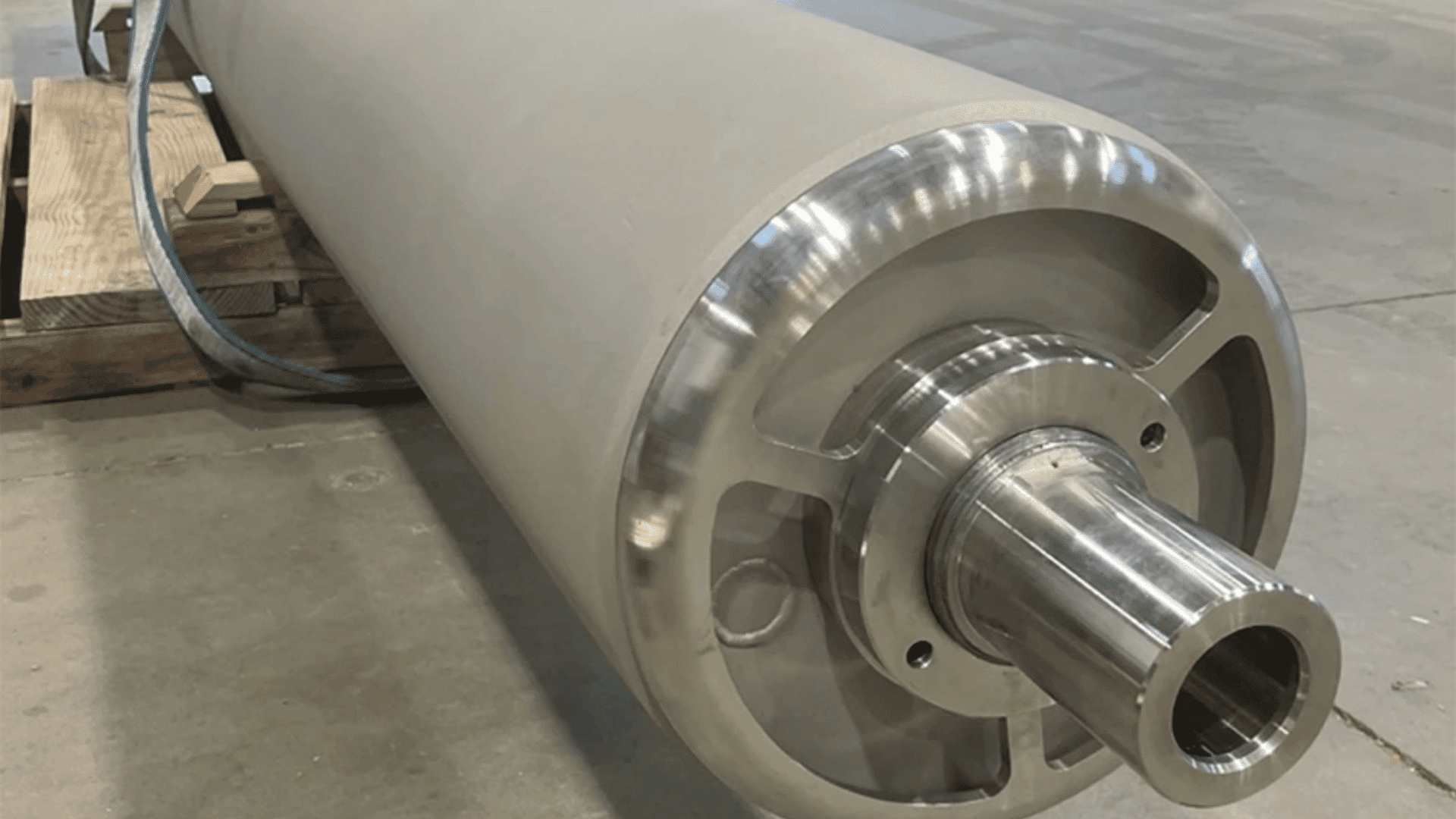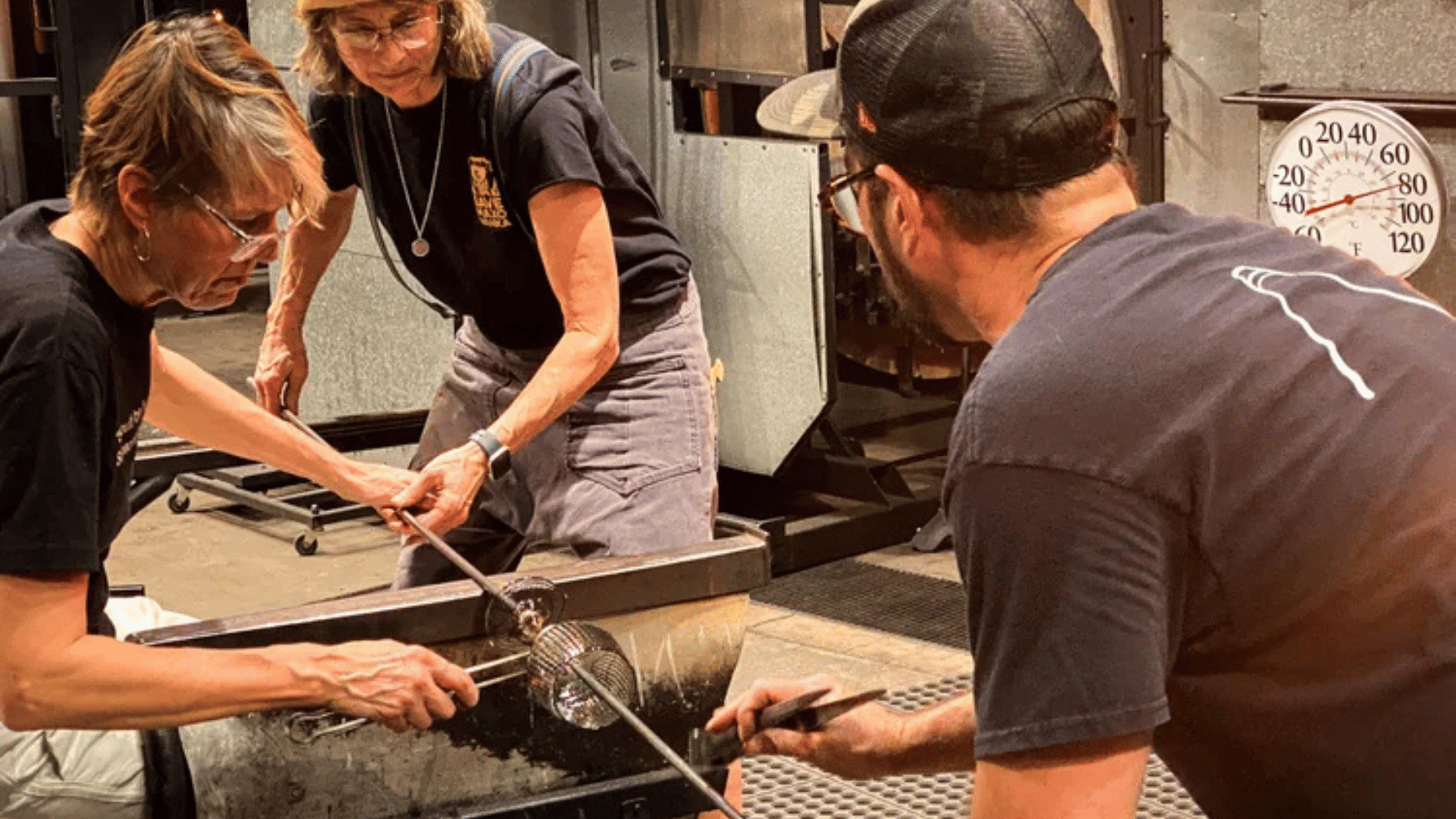NASA is currently studying deep-sea volcanoes beneath Earth’s oceans to find clues in the search for alien life on Europa, one of Jupiter’s moons.
What Can Deep-Sea Volcanoes Teach Us About Aliens?

Scientists will periodically identify “analogue sites” on Earth or places with environmental, geological, or biological conditions that mimic those of other planets or celestial bodies. Using a $621,000 award from NASA, University of Massachusetts Amherst microbiologist James Holden will dedicate the next three years to “predicting” the nature of life on Europa using one of these sites.
“We have long had a basic interest in knowing if there is life beyond our planet and how that life would function. It’s exciting to think that the answer to the secret might be here on our own planet,” Holden stated in a press release.
“We think, based on our own planet, that Europa may have conditions that can support life,” said Holden.
Astronomers have long theorized that life may have formed beneath the frozen surface of Jupiter’s moon Europa, where a salty liquid ocean may have formed due to the moon’s molten core. According to Interesting Engineering, as NASA’s Europa Clipper spacecraft makes its way to the moon to determine its habitability, Dr. Holden is attempting to ascertain what type of life could have formed in that extreme environment by studying deep-sea vents.
As hydrothermal vents are considered one of the most plausible locations for life’s origins on Earth, planetary scientists have speculated that similar vents could exist on Europa’s seafloors. These volcanoes could provide the necessary heat and chemical ingredients that would trigger the biochemistry required for life to form.
On Earth, microbes living in these dark vents get energy from the minerals and gases erupting from the planet’s interior. Whereas our microbes break down hydrogen to get their energy, Europa’s microbes could utilize other elements like sulfur, carbon, or iron.
“Because Europa’s conditions might be similar to the conditions these microbes come from. We think that Europan life, if it exists, should look something like our own hydrothermal microbes,” Holden said.







